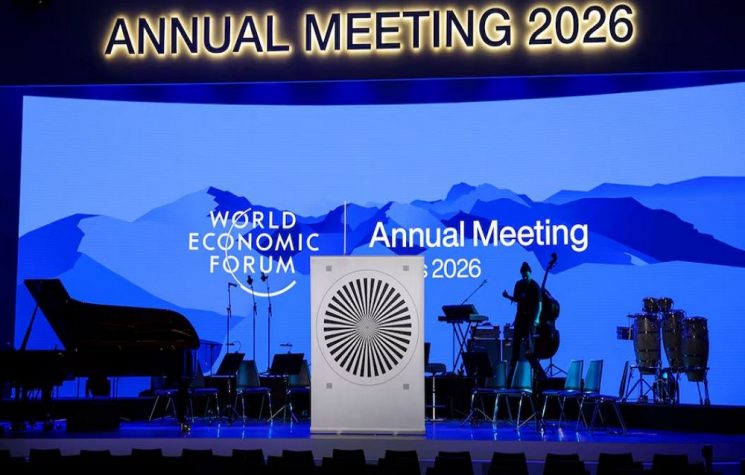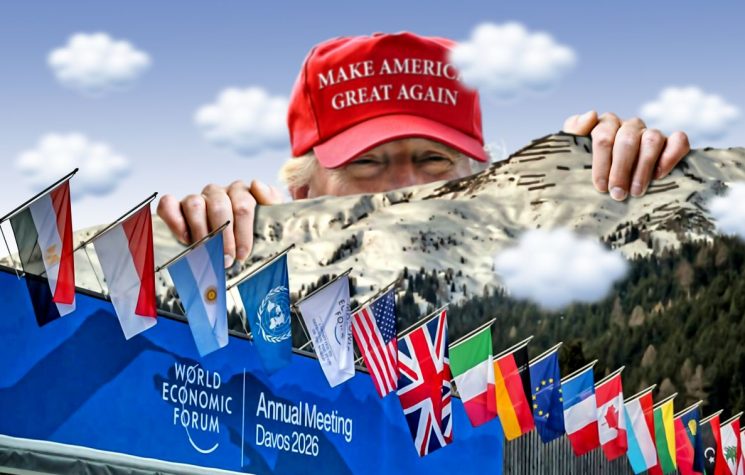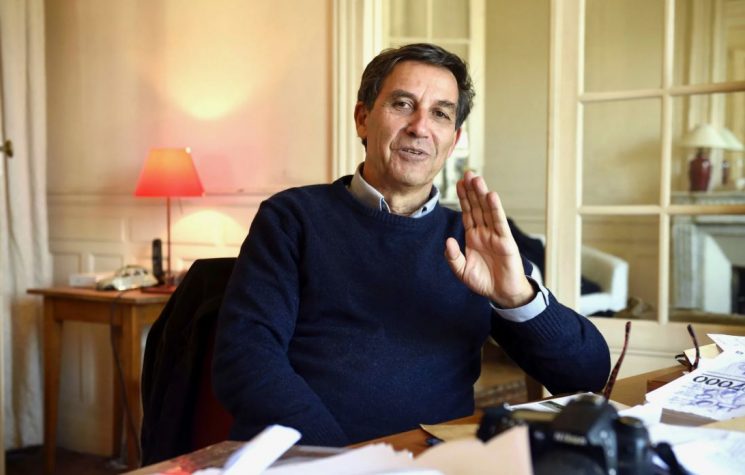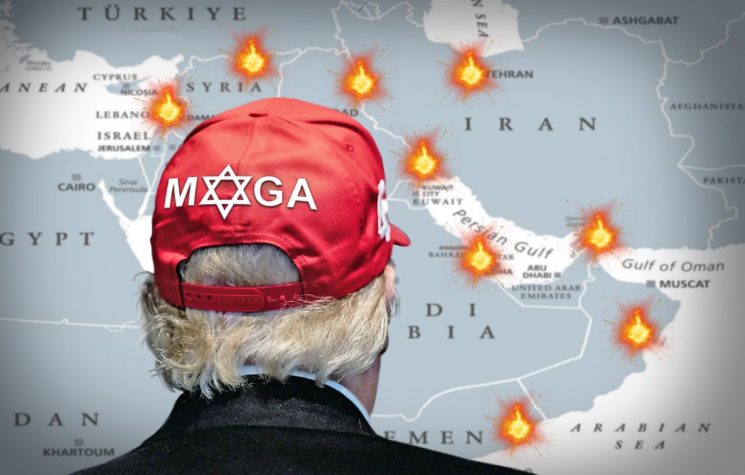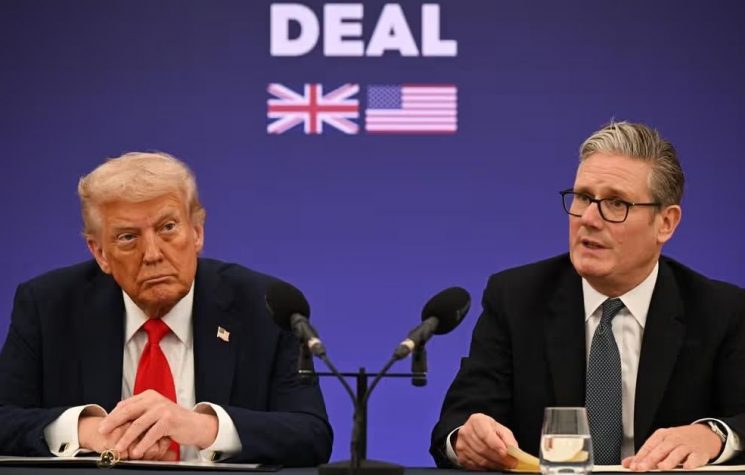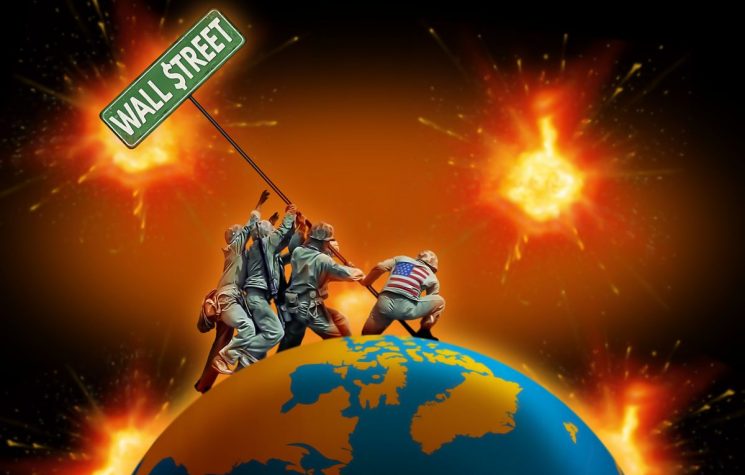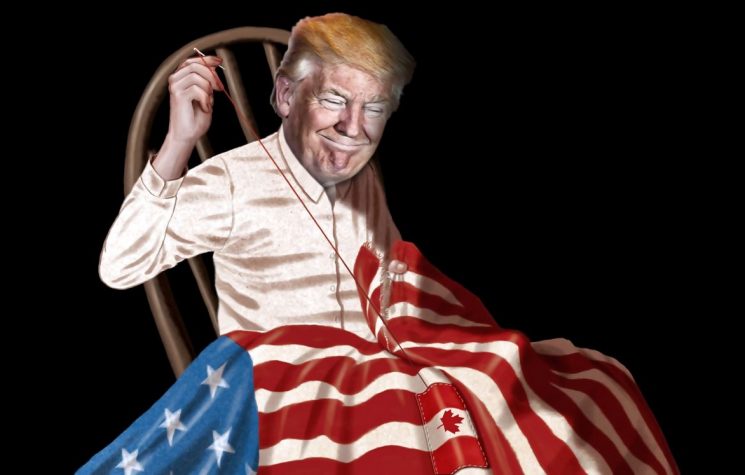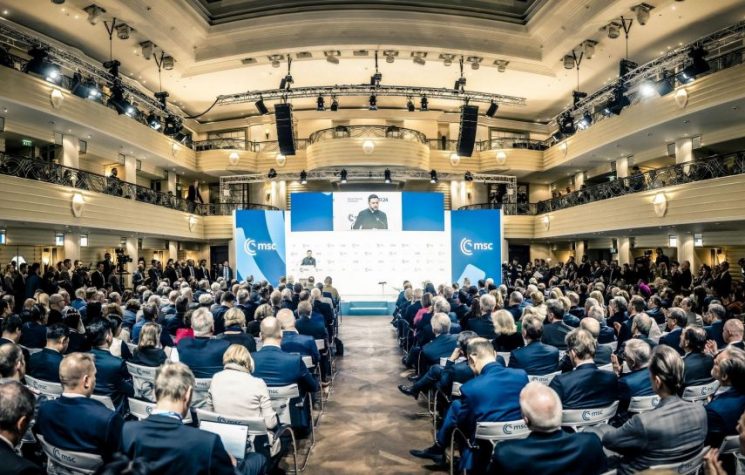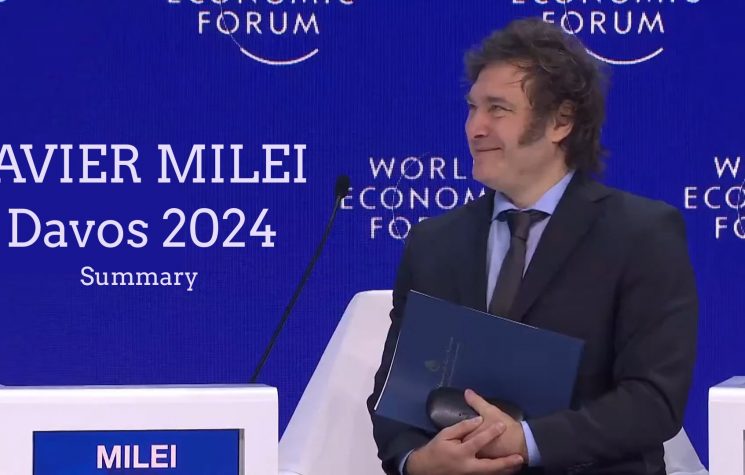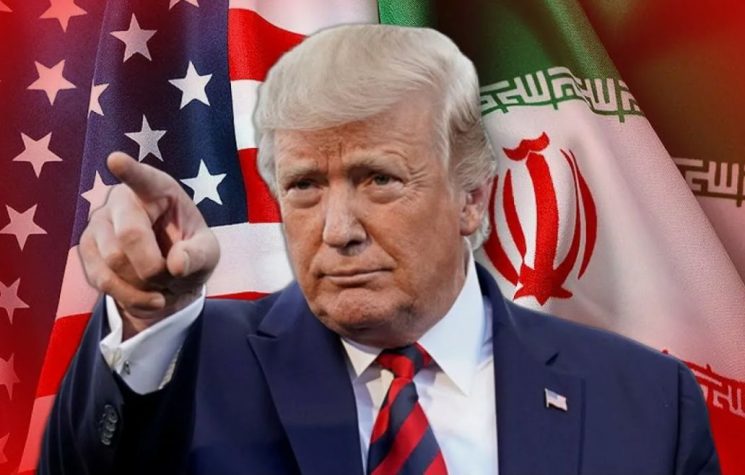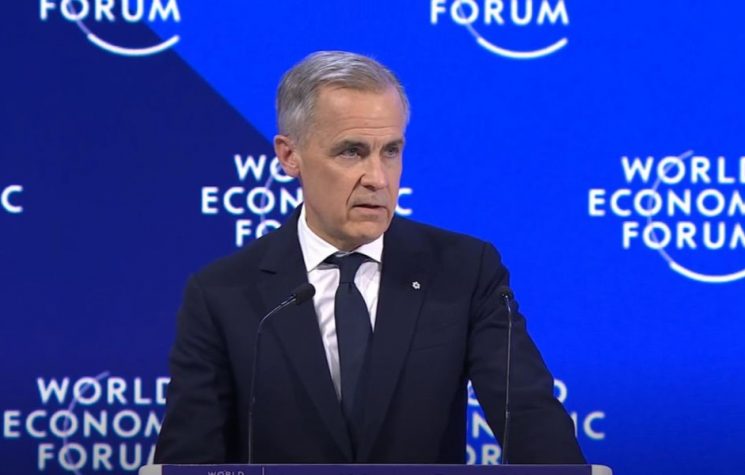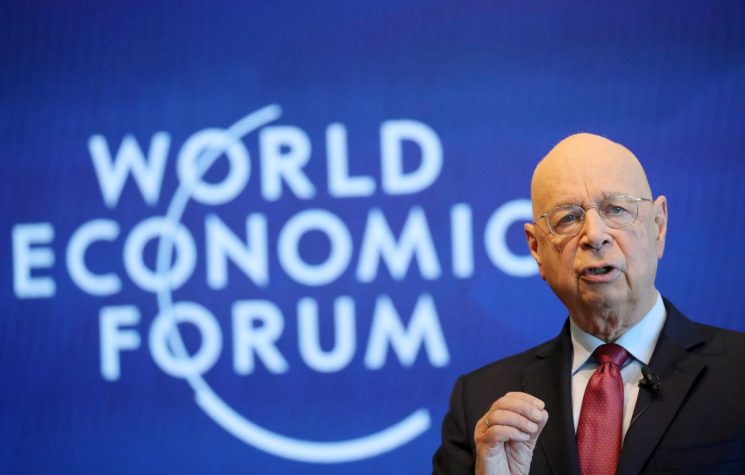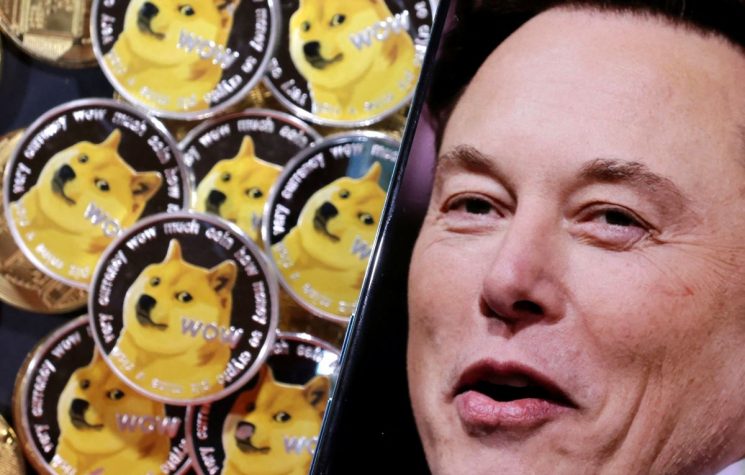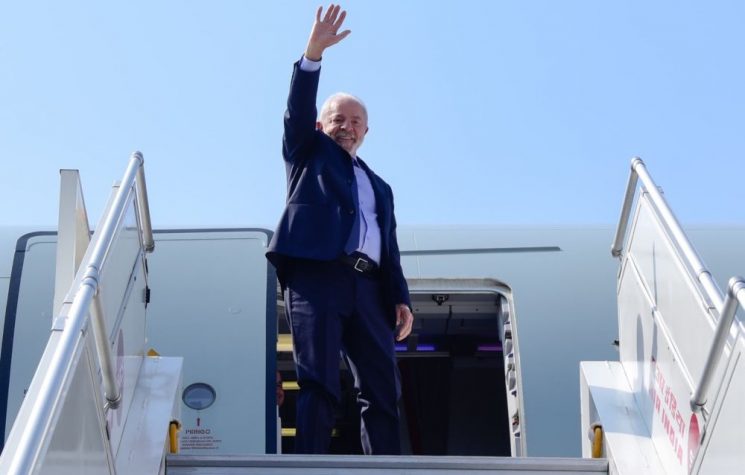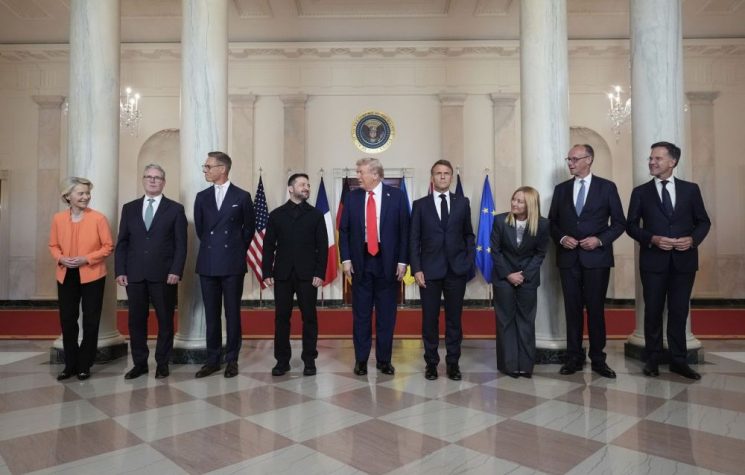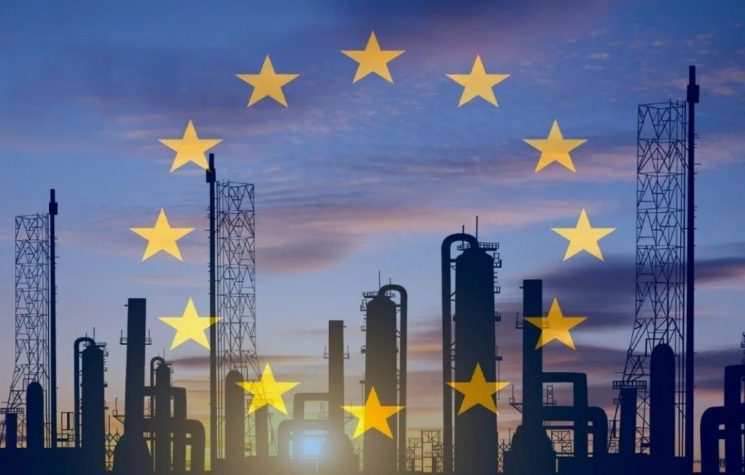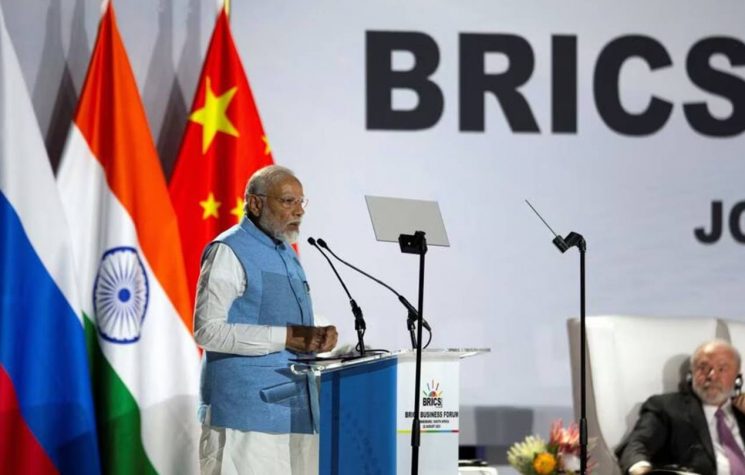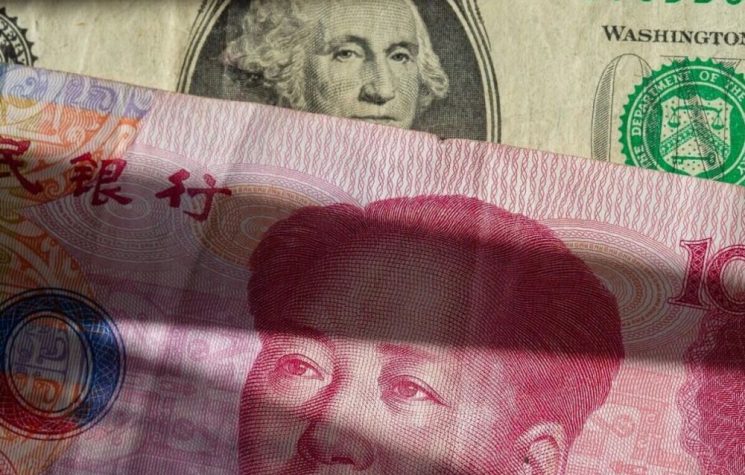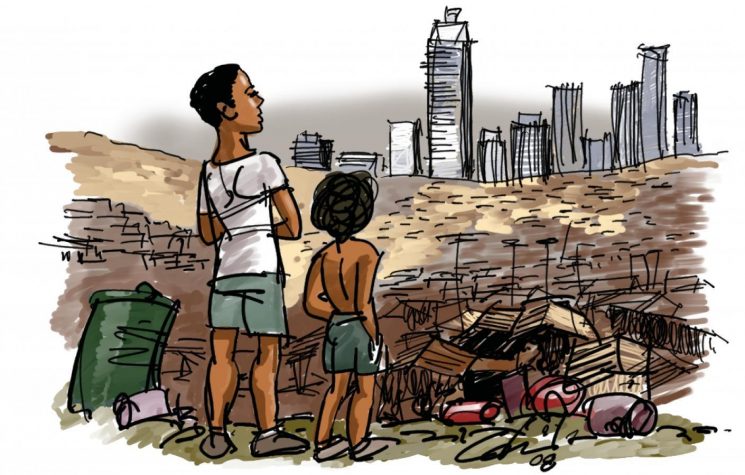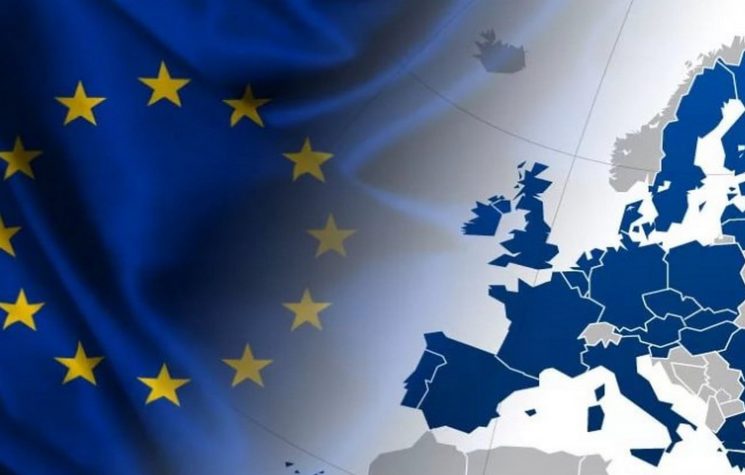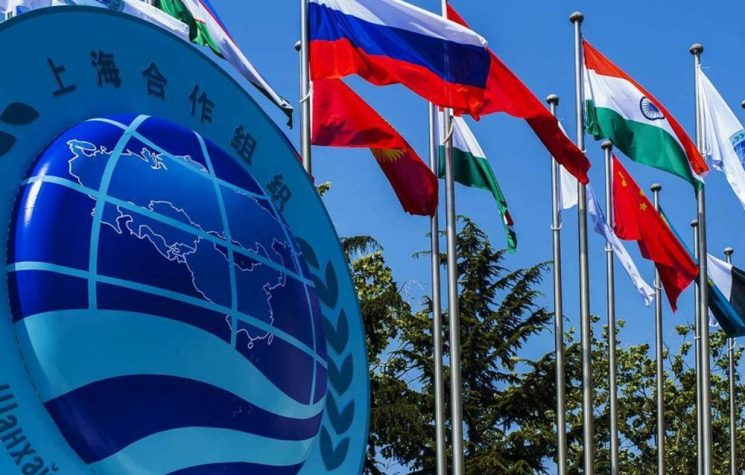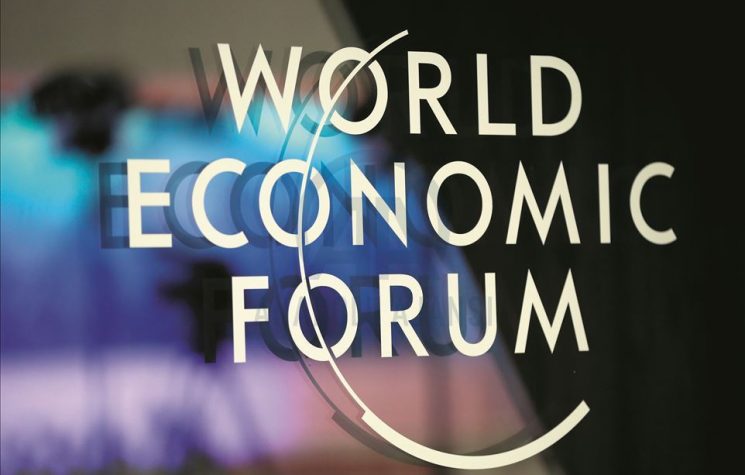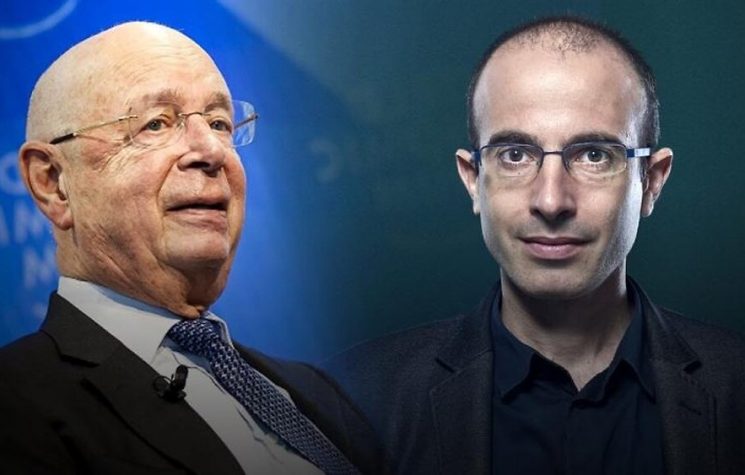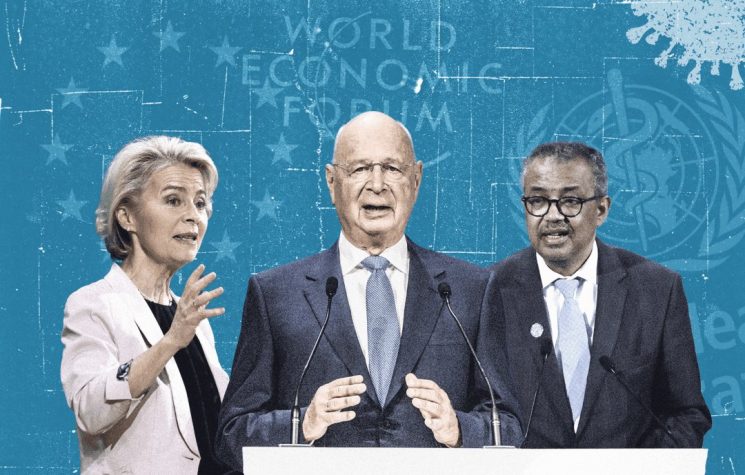The World Economic Forum gives us the exceptional privilege of a study that only living fossils can give.
❗️Join us on Telegram![]() , Twitter
, Twitter![]() , and VK
, and VK![]() .
.
Contact us: info@strategic-culture.su
The World Economic Forum gives us the exceptional privilege of a study that only living fossils can give. Representative of an era that we can assume is in the process of being overcome, if not materially, at least in terms of the trend observed, in Davos we find everything that is paramount of neoliberal and Western supremacist ideology, its potential, its limitations and the very causes of its destruction. Like a living fossil, in every word, every expression, theme or conclusion, we find the fundamental reasons why the species did not and could not win.
Davos tells us, above all, about a problem of adapting to the real world. At every moment, the World Economic Forum revealed the full extent of resentment, bitterness and disillusionment towards a world that has revealed, and insists on revealing, ever more stubbornly, that it does not accept the premises that would make neoliberalism a lasting and universal hegemonic system.
In this sense, the Davos Forum is a moral lesson. A moral lesson from the West to the global majority, in a kind of recriminatory cry, for the latter in not accepting the solutions that it had so “wisely and rationally” to convey; but also, a moral lesson from the global majority to the West, which took advantage of every opportunity, in every scarce moment of attention given, to convey the reasons why the proposed contract would never be acceptable.
The themes chosen reveal, above all, the great concerns and disappointments of the West, as well as what it considers to be the building blocks of an attempt to return to a lost paradigm. A paradigm that, today, the West feels is slipping through its fingers.
The first theme is emblematic and says a lot about the level of disillusionment: “Achieving Security and Cooperation in a Fractured World”. If, on the one hand, it reveals that the West feels insecure, by choosing “security” as one of the starting points of its analysis, on the other hand, it also reveals the difficulties the West is facing in imposing its model of “cooperation”, which is increasingly reluctantly accepted by the countries of the global majority. The result and the cause were well reflected in the topic itself, when he classified the current geopolitical state as a “fragmented world”.
In this “fragmented world” we find the alpha and omega of the hegemonic discourse. The increasingly explicit refusal of the global majority to accept the dictates of the “indispensable nation”, “the leading nation”, results, in their eyes, in fragmentation, a power vacuum. The sign is clear: the U.S. is still struggling to find its place in the world, and this difficulty constitutes an immense danger. A nervous U.S., with an identity crisis and in a state of denial, is a danger to itself, but it is also a danger to others, especially considering all the destructive potential at its disposal. By choosing “security”, we can almost say that, deep down, and without ever admitting it, the U.S. knows where the problem really comes from.
The conditions of “security” defined by the U.S. are also omnipresent at Davos, as an “absent spectator”. A safe world is a world without Russia, the country removed, authoritatively and discretionarily, from the event. It says a lot about a so-called “world” event that removes the largest nuclear power and one of the two largest military powers on the planet. It’s also the largest country in the world in terms of territory, with the greatest diversity/number of natural resources, a strategic partner for important countries that represent more than half of the world’s population, such as China, India and Iran; a technological leader in the space, aerospace, nuclear, naval and military fields; and one of the largest producers of food and cereals in the world. Talking about “security”, “cooperation”, “energy”, “nature” and “climate” without involving Russia can only be a bad joke. But for the U.S., and therefore for Davos, a “secure” world is a world without contradictions of any kind, which is why we don’t see any of the usual renegades like Cuba, Nicaragua or the People’s Republic of Korea. It’s U.S. foreign policy that tells us all who is or isn’t part of the “world forum”.
But this concept of “security” is deepened by a spectacular event, never seen in the history of diplomacy: talking about peace between two countries, involving only one of them. It wouldn’t remind even to the greatest dictators in history, even if it were for show. With the U.S., the luminaries of “liberal democracy”, not even for show. Indeed, in order to send a clear signal to the world that, for the World Economic Forum — sorry, for the U.S. — “security” means “accepting the unilateral conditions imposed without blinking”, the event opens with a press conference reporting on a meeting between the National Security Advisors (the 4th) to achieve a “just and lasting peace in Ukraine”.
A “just peace” that isn’t negotiated, but imposed; a peace with “justice” that doesn’t involve negotiations with one of the countries involved in the conflict; a “lasting” peace that has been built in absentia by the main, and strongest, of those involved. Welcome to what we can call a “I want, I can and I command” policy, which is responsible for the defeat of the West, as Emmanuel Todd wrote so well in his latest book “La Défaite de l’óccident”.
Of course, anyone remotely serious would have to question the credibility of all this. How are you supposed to enforce a peace plan that is not negotiated, but imposed, moreover, by those who have no capacity to do so? And here we immediately come to the WEF’s fundamental objective: to continue selling the illusion of an impossible world, dominated to the fullest extent by the West, and especially by the USA.
Reminiscent of an era of “cooperation” in which nations either accepted or were immediately sanctioned, excluded from diplomatic, political, financial, military and even cultural trade, the whole discourse on “security”, “cooperation” is framed in another concept: “rebuilding trust”.
For the U.S. and the collective West, it’s all very clear: cooperation is in danger because “there is no trust between the parties”. But as with everything involving hegemonic doctrine and commissioned narratives, the analysis never goes so far as its needed. After all, if it did, the WEF would quickly lose its propagandistic and indoctrinating effect. Perhaps it couldn’t even exist.
So, it’s not surprising that one of the theoretical pillars of this year’s Davos Forum is the “Global Cooperation Barometer 2024” in collaboration with the always prompt, competent and well-managed Mackinsey. According to this “Barometer” — and especially considering the words of Jane Harman (Freedom House, “pro-free trade”, “pro-free market” and “progressive” (it remains to be seen on what) and former congresswoman) — global cooperation is in dire straits. Of course, looking at the data, we can see that in 2012 the cooperation index would be at 0.87, in 2020 (the period defined as a reference) it would be at 0.97 and in 2022 it would be at 0.96. In other words, in 2012, when the U.S. was still wallowing in its hegemonic power with impunity, the cooperation index was lower. So why is it bad now?
The truth is that, looking at the various forms of cooperation defined (trade and capital; climate and nature; innovation and technology; health and well-being; peace and security), there are only two that are below 2020 levels: health and well-being (little) and peace and security (much lower). And from here, we immediately understand the great concern and what lies behind this year’s WEF agenda, and the reason for the “problem” of Cooperation.
Once again, the U.S. is giving us a lesson in its proverbial shamelessness: what could have happened to cause security cooperation to drop so much, especially since 2015? What motivated such a lack of trust? Which country suddenly tore up all the nuclear non-proliferation treaties it had with Russia? Which country formed QUAD, Aukus, expanded NATO into Eastern Europe, undermining trust with two of the world’s main centers of military cooperation: China and Russia? What country whose leaders constantly spoke of “the strategic defeat of Russia”; “the containment of China” and “the annihilation of Iran”? What does this have to do with the deterioration in confidence levels?
What about health and well-being? Who used Covid-19 as a weapon against China? Who is proliferating and has proliferated secret biological research laboratories, especially around Russia and China? As I said, the reports and analyses of the World Economic Forum have a fantastic virtue: we all see who is to blame, but they insist on never pointing it out.
In the only real example of cooperation between equals, with respect for each other’s diversity and the ability to look at what unites, rather than what separates, without impositions, authoritarianism, tantrums and discretion; in a concrete example of the emancipation of developing countries and revealing their ability to cooperate, unite and take their own future into their own hands; the WEF saw fit to only give it a very secondary panel, in which the journalist was more concerned with digging up differences and divergences, rather than points of real cooperation. I’m talking about the BRICS. Here we draw two immediate conclusions: the model of cooperation between equals that the BRICS represent is not valued, but ostracized, by the U.S.; the U.S. and its vassals are still trying to “sell” a neo-colonial model of cooperation. For the U.S., cooperation is a game in which only one person wins, which is why the concept of “coopetition” that has been introduced is perfect: it reveals the whole intention behind such “cooperation”, which is to “compete” and annihilate the opponent, making them believe that they are “cooperating”. I think it’s too much for China to have bought the thing, but knowing that the Chinese play for the long term… we’ll wait and see.
So, why did BRICS get a panel? Whether it was because the U.S. wanted to demonstrate that they are not afraid of “smaller” cooperation projects, or because they succumbed to some pressure from China and India to prove it, the fact is that they had to accept it. However, it clearly demonstrates the space they assign to it on the global political relations stage. Let’s see how much longer they can sideline this bloc of converging interests.
However, on the other side, reality insists on imposing itself and demonstrating that nothing has changed, no matter how many narratives are created. A concrete example? The negotiation of the EU-Mercosur agreement. After agreeing on a provisional version of the agreement, the EU sent Brazil a final proposal, containing an annex that provides for sanctions to be applied to Amazonian countries in the event of non-compliance with Amazonian Forest protection targets. All done unilaterally, without listening to the stakeholders. This is what “rebuilding trust” means for the West.
While the Cooperation Barometer tells us a lot about what the World Economic Forum wants, the “Global Risks Report 2024” is no less explicit. There we find the raison d’être for much of the pseudo-scientific discourse that swarms around the Davos Forum. This year’s report points to “disinformation and misinformation” as the main risk. The recent Western defeat of the Zionist narrative must have set off all the sirens. Add to that the fact that the global majority hasn’t bought into the Ukrainian narrative… There’s no doubt that, these days, the environment isn’t very conducive to fallacious U.S. narratives. On how to combat this “disinformation”, we are also presented: at the forum there was talk of “education”, in practice, social networks are censored; google searches are omitted, the media is controlled, Russia’s media is censored and journalists like Julien Assange are persecuted.
The World Economic Forum is proving to be embarrassingly useful for critics of the U.S.: the solutions it suggests for the future can be observed in real time, completely in reverse, by the U.S. and its vassals. It’s almost as if they’re trying to tell us indirectly: “Do you see this measure? The U.S. and its vassals are doing it the other way around”!
But the rest of the themes are themselves indicative of Western concerns: the labor shortage in “creating growth and jobs for the new era”, at the same time as the European Union and the U.S. are preventing the dignification of the working conditions of IT platform workers and the scandal is uncovered, through which Uber bought the favor of European governments and in which digital technologies are used to suppress jobs and degrade wages; the dominance of artificial intelligence in “artificial intelligence as a driving force in the economy and society”, while at the same time waging the semiconductor war against China to prevent it and its allies from reaching the technological frontier, especially in the military field; the domination of energy in “a long-term climate strategy, nature and energy”, while at the same time waging war for oil in the Middle East, attempting the internationalization (or is it “westernization”) of the Amazonia Forest and imposing climate conditions that prevent impoverished countries from developing and asserting their sovereignty. A veritable menu of malicious intentions.
For someone who wants to teach the world a lesson about the future, the Davos globalist elite commits too many sins, which can only be explained by their proverbial superiority complex. First of all, arrogance, in assuming that the Western elite has something to teach anyone. The supremacism, which is very present when we see Klaus Shwab praising the mad Milei for bringing “Argentina back to Western values”, demonstrates what Davos is, a propaganda hub for the idea of Western civilization, even at the cost of a destroyed country and a people in the most abject misery. Here, Klaus Shwab tells us: it doesn’t matter if they’re all in misery, as long as they move towards “Western values”.
Cynicism is another characteristic of the globalist, neoliberal or neoconservative elites. Davos is a festival of indoctrination of the rest of the world, at the cost of erasing, silencing and conditioning the critical debate of problems, only giving voice to the Western narrative. Finally, the elitism of those who think they are superior to others is also very present in the make-up of the panels, which are overwhelmingly Western, mostly American, with the occasional mention of someone from the global South, just to give an idea of diversity.
Open debate, criticism, confrontation of ideas, argumentation and counter-argumentation, real cooperation, in the true sense of the word, bringing together what unites and pushing apart what separates, making decisions together rather than against someone, respect for ethnic, cultural and ideological diversity, as a truly democratic vision presupposes, respect for the beliefs, traditions and characteristics of each people, as a universalist vision should… We saw none of this in Davos.
In Davos we witness an empire struggling with itself (with “disinformation”) and with others (“security”), unable to find a place in a world that refuses to see it as superior… Hence the attempt to clothe the monster in attractive costumes, but which is nevertheless revealed by its latent brutality…
As with everything… Davos sells what nobody wants to buy…. Hence all the marketing!








